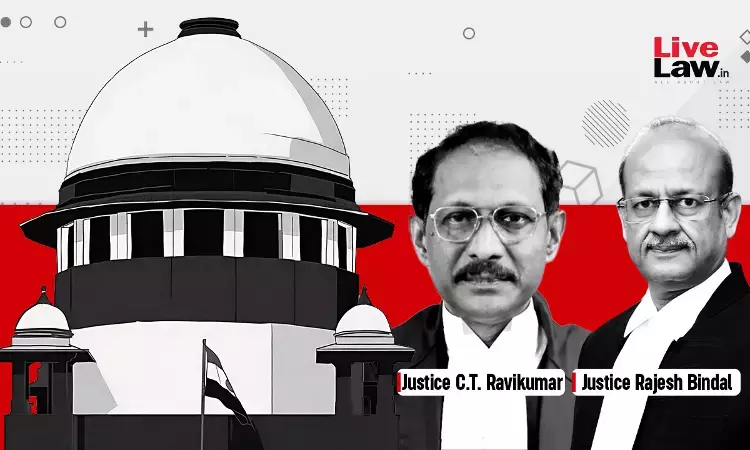Order 6 Rule 17 CPC | Amendment Of Plaint Shouldn't Be Allowed If It Alters Nature Of Suit: Supreme Court
Yash Mittal
1 March 2024 1:25 PM IST

Next Story
1 March 2024 1:25 PM IST
The Supreme Court on February 29 (Thursday) held that an application seeking amendment of plaint shouldn't be allowed under Order 6 Rule 17 of CPC if the amendment alters the nature of the suit.In the present case, an amendment of the plaint in a partition suit was sought to include a prayer to declare an earlier compromise decree as void. The Court disallowed the application stating that...
